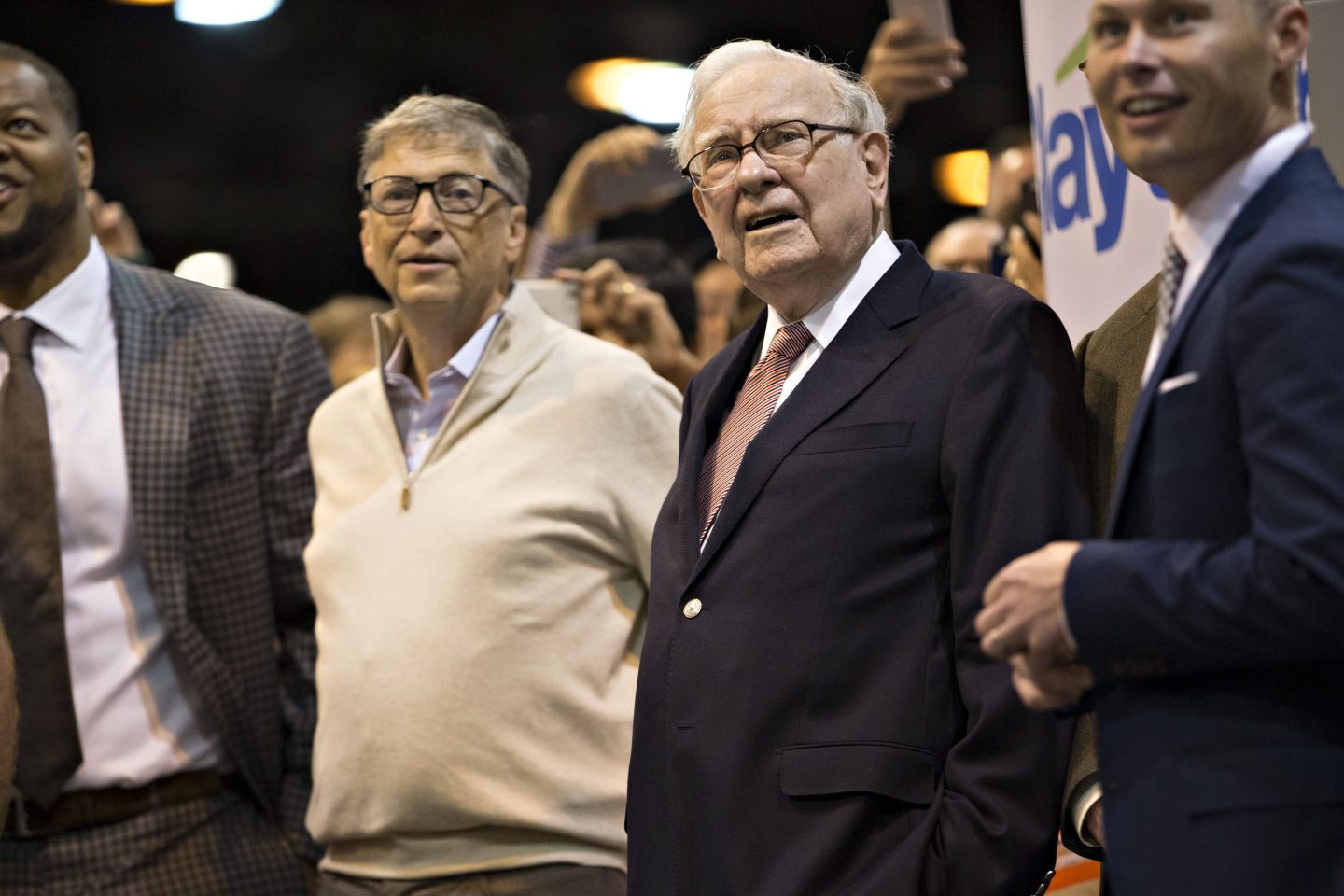by Patricia Sellers
While Google pursues a deal with Zynga — No. 1 in online games — Walt Disney announced yesterday that it’s buying Playdom. Disney will pay as much as $763.2 million if Playdom, a popular marketer of social games on Facebook, reaches certain growth targets. What’s more, retail category killer Gamestop is buying online-game maker Kongregate.
What’s the attraction? Attendees of Fortune Brainstorm Tech this past weekend heard earfuls about how social games are transforming media and the Internet. Activision Blizzard CEO Bobby Kotick, who has been playing in the video-game field for two decades, noted that 29% of kids and teens today multi-task while watching TV. That presents a huge opportunity for interlopers to deliver content on other platforms.
Ideally, content that consumers will pay for. This would include products that they shop for — maybe via games while they watch TV. “It’s a great time for e-commerce again,” speculated Demand Media CEO Richard Rosenblatt. Dana Settle, a Los Angeles-based venture capitalist with Greycroft Partners, said that she jotted down in her notebook: “Interactive TV really is here.”
Games happen to be the most clever and efficient way to get Internet users to provide credit card info — and then spend online. “Games are the path of least resistance,” said Keith Rabois, VP of strategy and business development at Slide, an online game-and-entertainment company launched in 2005 by PayPal co-founder Max Levchin. Turns out, 55-year-old women are the most lucrative gamers for companies like Slide. They spend gobs of real money on virtual gifts…maybe because they’re bored by TV?
Which brings us back to Disney. Anne Sweeney, who oversees Disney’s media networks including ABC, told me before her on-stage interview at Brainstorm that she’s more jazzed than ever by the opportunity to get out of the traditional box. “TV isn’t just the stationery box in your house,” she said. “It’s a box of infinite possibilities.”
That would be hype if Disney, under CEO Bob Iger, weren’t aggressively transforming its growth strategies. Besides replacing ABC programming chief Steve McPherson (in an effort to pull the broadcast network from third place), it is making acquisitions like Playdom and aiming to produce more multi-platform programming like Lost — which bears the indelible influence of Apple CEO Steve Jobs, Disney’s largest shareholder. (See “Steve Job’s mark on ABC’s Lost.”)
“We just can’t say we have one business model and that’s it,” Sweeney told CNNMoney’s Poppy Harlow in the video below, shot at Brainstorm Tech. When Sweeney says that Disney is interested in “hybrid” models, she no doubt has games on her mind.












